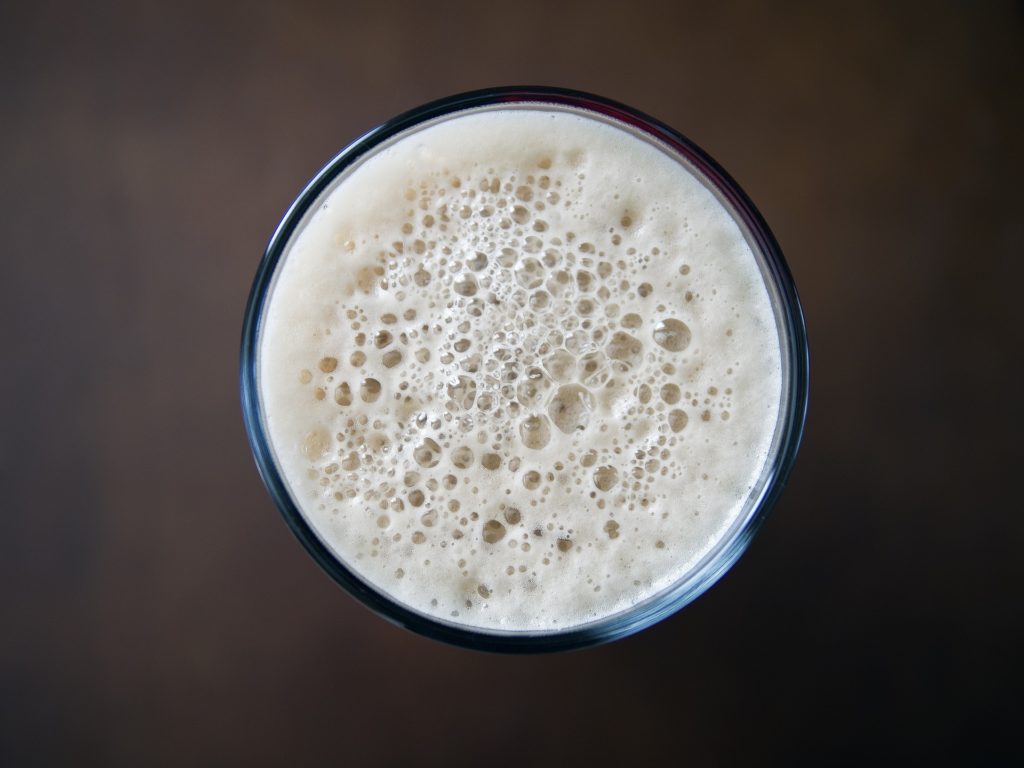In an effort to reduce the amount of waste produced by New York’s Greek yogurt industry, researchers from Cornell University’s department of Food Science have developed a way to convert acid whey, a liquid byproduct of Greek yogurt with little nutritional value, into an alcoholic beverage. This experiment was led by Sam Alcaine, Assistant Professor of the Food Science program at Cornell who is also a former Product Innovation Manager at Miller Brewing Co.
This eco-friendly product proved to be difficult to develop for the researchers as lactose cannot be fermented and converted into alcohol with traditional brewer’s yeast. So instead, Alcaine developed his alcoholic dairy beverage using multiple strains of bacteria and different species of yeast that work together to co-ferment the liquid and turn it into alcohol. In addition, he is working on a way to ferment acid whey using barley, which is a traditional beer ingredient and a good source of amylase enzymes, which have the ability to break down starch. Barley can also be used to break down lactose but its active enzymes require specific temperatures.
Alcaine claims to have found the precise amount of time and temperature needed for his enzyme mixture to convert lactose into glucose and galactose, which are then converted into alcohol using a yeast strain. However, factors such as the breed of cows producing milk have an impact on the flavor profiles of this alcohol.
Alcaine has already developed an alcoholic beverage with these methods but the alcohol content in the product is quite low. Currently, the beer product they have produced has about 2.7 percent alcohol by volume. In addition, their product has a sour and salty flavor profile which is similar to German-style gose beer. Although more research is needed, Alcaine believes that his new product has a lot of potential in the alcohol industry.
“If we convert whey into something that people want to drink, it opens an entirely new economic arena for entrepreneurs and brewers to explore and innovate within,” Alcaine told Dairy Reporter.
Alcaine may be right as consumers are willing to try new things, especially when it comes to beer and alcohol. This interest in original beer formulations has led the craft beer industry to make up 98 percent of all US breweries. Its unique and sour taste is also an appealing factor as consumers are starting to like sour beer products.
Perhaps the most marketable factor of this product is the fact it is a sustainable product that is made from recycled waste. Neilson’s recent consumer research survey found that 75 percent of consumers are willing to pay extra for sustainable foods. Noting this trend, food manufacturers are starting to develop products from food waste such as barley milk and upcycled nutrition bars made from beer byproducts.











Join or login to leave a comment
JOIN LOGIN